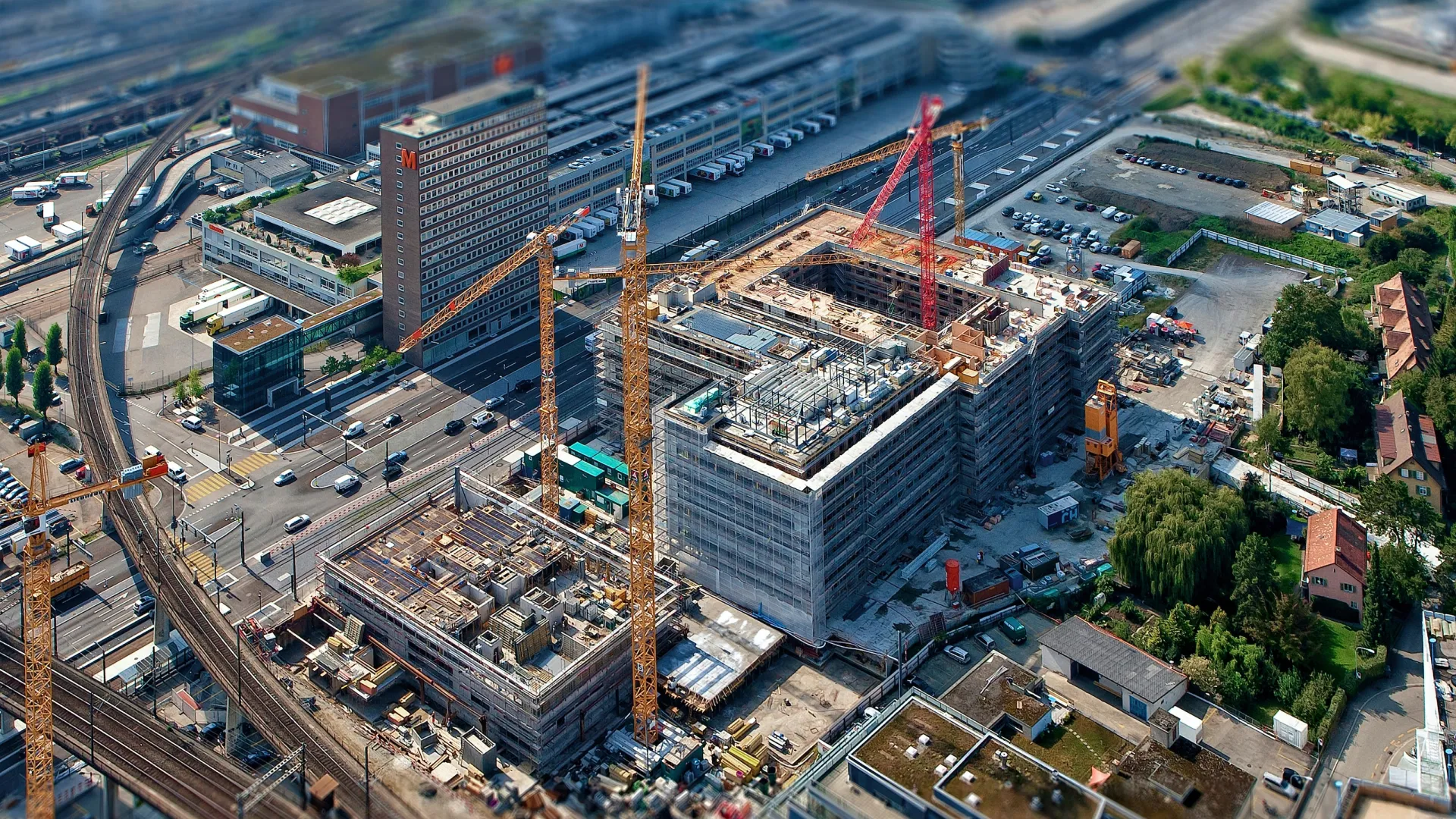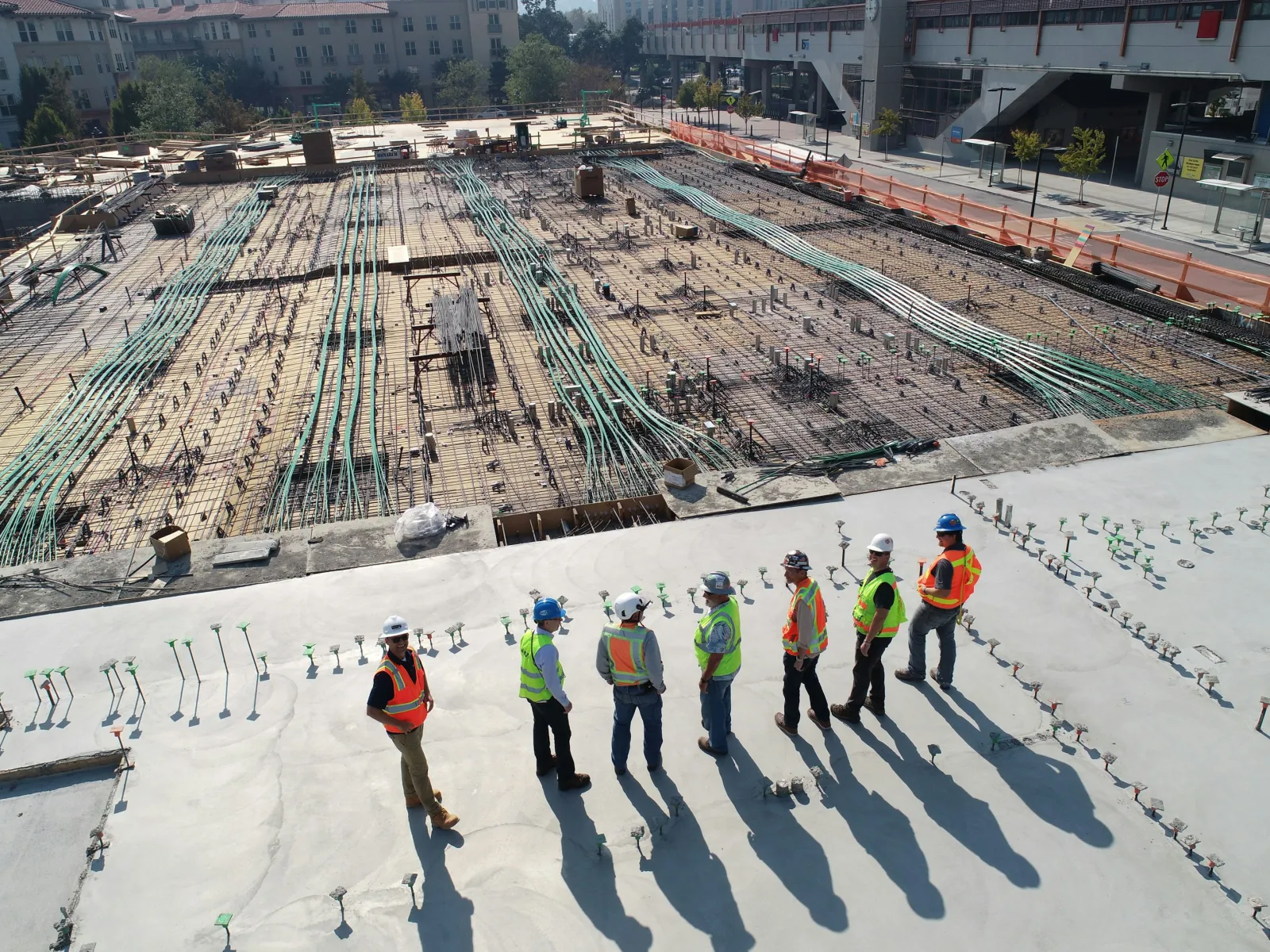
Washington State Prevailing Wage and Public Works Regulations
Components of Wage Determinations
Wage determinations in Washington include:
- Basic Hourly Rate: The minimum wage paid to workers in a specific classification.
- Fringe Benefits: Additional compensation in health insurance, retirement, and other non-cash benefits.
- Total Hourly Rate: If the contractor does not provide fringe benefits, the sum of the basic hourly rate and fringe benefits must be paid as wages.
For example, if the basic hourly rate is $40 and fringe benefits are $15, the total hourly rate would be $55. Workers must receive the full $55 in wages if the contractor does not provide fringe benefits.
Compliance for Contractors and Subcontractors
Contractors and subcontractors on public works projects in Washington must:
Determine Applicable Wage Rates
Determine Applicable Wage Rates
Submit Certified Payroll
Submit Certified Payroll
Handle Fringe Benefits
Handle Fringe Benefits
Post Wage Rates On-Site
Post Wage Rates On-Site
Display the current prevailing wage rates at the job site in a visible location.
Maintain Records
Maintain Records
Penalties for Non-Compliance
Washington State imposes strict penalties for contractors that fail to comply with prevailing wage laws, including:
-
Payment of Back Wages: Contractors must pay workers any difference between wages and prevailing wage rates.
-
Fines: Violators may face penalties for non-compliance.
-
Debarment: Contractors who repeatedly violate the law may be barred from bidding on public works projects for up to two years.
-
Criminal Charges: Criminal penalties may be applied in cases of willful non-compliance.

Unique Aspects of Washington's Prevailing Wage System
- Broad Application: Washington's prevailing wage laws apply to a wide range of public works projects, regardless of project cost or size.
- Frequent Updates: Washington updates prevailing wage rates more frequently than most states, with changes occurring twice yearly.
- Apprenticeship Ratios: Washington mandates specific apprentice-to-journey worker ratios for certain projects, supporting the development of skilled trades.

Relevant Resources
- U.S. Department of Labor Wage Determinations Online (WDOL)
- Revised Code of Washington (RCW) 39.12
- Annual Wage Survey Forms
For the most accurate and current information on prevailing wage requirements, consult the U.S. Department of Labor or your state's official labor website.
Washington Prevailing Wage FAQs
What is prevailing wage?
The prevailing wage is a base pay rate established by State and Federal law to ensure that all construction workers engaged in public works projects are paid adequately for the craft they are working in. It is a combination of an hourly pay rate plus fringe benefits. Payment of the prevailing wage ensures that contractors will hire qualified workers and the City will therefore receive quality work.
Who is subject to receiving prevailing wages?
All construction personnel working on a publicly funded project must receive prevailing wages.
What about apprentices?
State law requires that apprentices be employed on all public works projects. If no apprentices are available or the work is not in an apprenticeable craft, proper documentation must be submitted to indicate this. All apprentices must be in a State approved program and must be in an appropriate ratio to the hours worked by the of journeymen present. If the project has federal funding, apprentices must be in a federally approved program.
How are prevailing wage rates determined in Washington?
In Washington State, the Department of Labor & Industries (L&I) determines prevailing wage rates based on collective bargaining agreements (CBAs) within each county. If no CBAs are available for a specific trade or occupation, L&I conducts wage and hour surveys to establish the prevailing wage. These rates are updated twice a year, typically in March and September.

